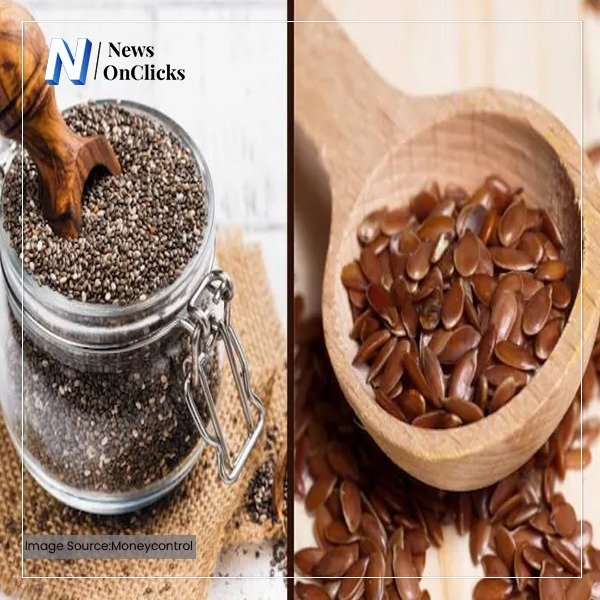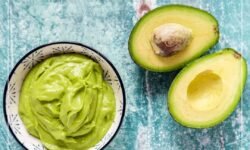
Superfoods are becoming more and more popular as a way for people to improve the health of their skin through skincare. Chia and flax seeds are two of the most well-liked types, as they are both renowned for their nutrient-rich profiles and many health advantages. But which kind of seed is better for getting healthy, glowing skin, flax or chia?
Benefits of Chia Seeds for Skin
Chia seeds are extremely useful for hydration and decreasing inflammation. Their high omega-3 fatty acid concentration contributes to the preservation of the skin’s barrier function, reducing water loss and retaining moisture. This is especially beneficial for those who have dry, flaky, or sensitive skin. Chia seeds contain antioxidants that help prevent premature aging by scavenging free radicals’ harmful effects.
Chia seeds contain zinc, which can assist those with acne-prone skin by reducing inflammation, redness, and swelling. All things considered, chia seeds can help you have softer, smoother skin that looks younger and has fewer imperfections.
Benefits of Flax Seeds for Skin
When it comes to reducing inflammation and regulating the moisture content of the skin, flax seeds excel. Omega-3 and omega-6 fatty acids work together to keep your skin moisturized and supple while also lessening roughness and dryness. Furthermore, flax seeds’ lignans provide antioxidant protection that keeps the skin firm and minimizes the appearance of wrinkles by preventing the breakdown of collagen.
Hormonal balance is another benefit of flax seeds, which can help with skin issues like hormonal acne. Because flax seeds have a good influence on hormone swings, many people who consistently consume them report better skin and less breakouts.
Which Seed Is More Beneficial to Skin?
It’s hard to say if chia or flax seed is superior to the other because they both have significant advantages for the skin. Your unique skin concerns will determine the solution in major part.
Chia seeds may be a better option for dry or sensitive skin because of their high omega-3 fatty acid content, which helps to retain moisture and reduce irritation.
Because flax seeds lower inflammation and help regulate hormones, which can both lead to cleaner skin, they may be more advantageous for oily or acne-prone skin.
Regarding the anti-aging properties, both seeds are abundant in antioxidants; nevertheless, the somewhat higher content in chia seeds renders them more efficacious in mitigating the indications of age.
There are many benefits for your skin from both chia and flax seeds; which is better for you will depend on your specific needs. While flax seeds work especially well at balancing hormones and avoiding breakouts, chia seeds are great for hydrating and soothing sensitive skin.
Ultimately, you may greatly enhance the health of your skin by including one or both of these seeds in your diet. Their skin-boosting properties are easy to include into your everyday routine because they are readily added to smoothies, salads, or yogurt. To cover all the bases for your skin health, try combining your chia and flax seed intake for best benefits.









